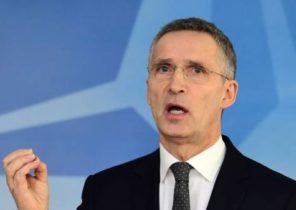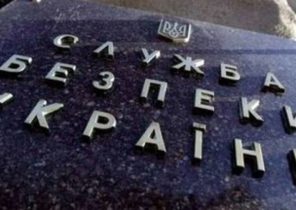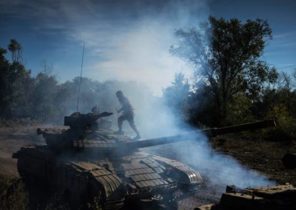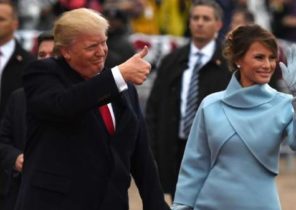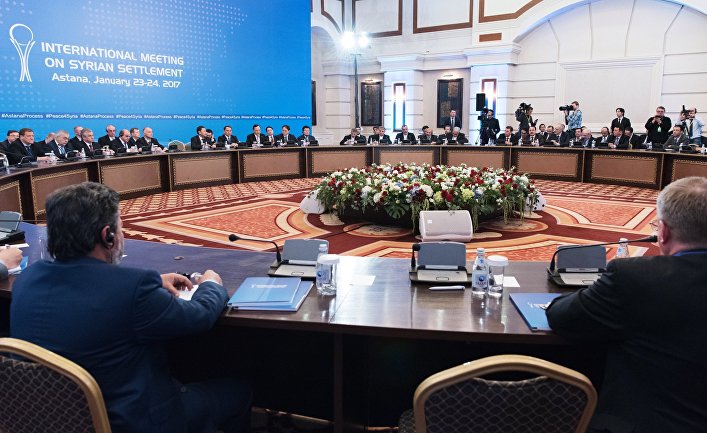
Breakthrough concluded on January 24 in Astana negotiations on the peaceful settlement of the conflict in Syria did not happen. But no one expected, with one accord, say experts. Nobody was surprised that the representatives of the Syrian opposition, which has not signed the final document of the negotiations, was dissatisfied with the outcome of the meeting. “It is important that we have demonstrated that we want to find a solution on Syria. It was important to show that there is a secular opposition to the Assad regime,” — said in an interview with DW, the representative of the Free Syrian army Issam al-Flight.
Russia in a new role
Specific result of the meeting in Astana was not influenced, says Margarete Klein (Margarete Klein), a political scientist from the Berlin Foundation “Science and politics”. It was important, above all for Russia, to show themselves in a new role. “Now Moscow is not just a spoiler is a destroyer, and a creative force, the Central character,” says Klein. Further in his analysis is a columnist at Süddeutsche Zeitung Benjamin Moscovici (Moscovici Benjamin), who said about the “historical paradigm shift” and that Russia took the place of the USA in the middle East.
The Kremlin has already said that he was satisfied with the results of the meeting and the reason for the satisfaction is obvious, says a German analyst: “Moscow wanted to show that there is a new format of negotiations, can be a regional model of the device in which the U.S. and Europe play a secondary role. Another advantage lies in the fact that Moscow managed to demonstrate a rapprochement with Turkey. So on a symbolic level it is a success for Russia,” says Margarete Klein.
Turkey reduced claims
Unlike other regional players, Russia managed to unite the efforts of Iran and Turkey, which stand on opposite sides in the Syrian conflict. “They had leverage in the form of military force. But it became clear that not just have an impact on those who depend on you, Russia — the Assad regime, and Turkey on the Syrian opposition,” says Klein.
C it agrees Sinan Ulgen, Director of the Istanbul analytical Institute EDAM. “The meeting in Astana showed that Turkey is not able to unite the Syrian opposition,” — said Ulgen in an interview with DW. “The meeting in Astana showed that we (Turkey — approx. ed.) not so much influence, and that we support the opposition groups are small,” said DW and Aydin Sezer, a former diplomat and co-chair of the Center for the study of Russian-Turkish relations.
“The conflict can be mitigated, but not overcome”
In the end, the position within the trio, especially between Turkey and Russia, approached, came to the conclusion that the German political scientist: “Ankara no longer requires the departure of Assad and are willing to endure, if he stays in power for a transitional period.” Russia, in turn, refused to support the Kurds, which is important for Ankara. Turkish experts interviewed by DW, also consider meeting in Astana as successful from the point of view of the authorities in Ankara.
However, convergence does not make a Union of Iran, Turkey and Russia is stable, says Klein. “Problems in the triangle between Turkey, Russia and Iran remained. The opportunistic Alliance,” said DW Alexei Malashenko, head of research at the Institute “Dialogue of civilizations” the expert of the Moscow Carnegie Center. Unites these three States the desire to displace out of the regional system of the USA as an important player. “But the fundamental views and interests in Syria differ still. This conflict can only be mitigated, but not overcome” — believes Margarete Klein.
“Strong but fragile position”
To maintain the position of the Assad regime and Russia will be harder than it was to take them, experts believe. “The civil war stalled, but not because of the diplomatic success of Turkey, Russia and Iran, and fatigue from the war,” — says Malashenko. Today it is unclear what would be the result of a new military clashes, but to say that large-scale the war is over, “even before” the Russian expert believes.
Margaret Klein also does not write off from the accounts of the Syrian opposition. Moreover, it considers it an open question what position will be taken by Gulf countries that supported the Syrian Sunni Arabs who are fighting with Assad’s forces. “I don’t think that the conflict has been completed. If it will grow, you’ll need a larger military presence (Russia — approx. ed.). That Moscow will try to avoid, given the presidential election in 2018 and other domestic tasks,” says Klein. So that the position of the Kremlin at the present time, in her words, “strong but fragile”.
To say that Russia took the place of the USA in the middle East, wrong, says Alexey Malashenko. “No, the middle East — he’s big, begins in Libya, and ends in Iraq. Have ambitions and claims, but not so much money.”

